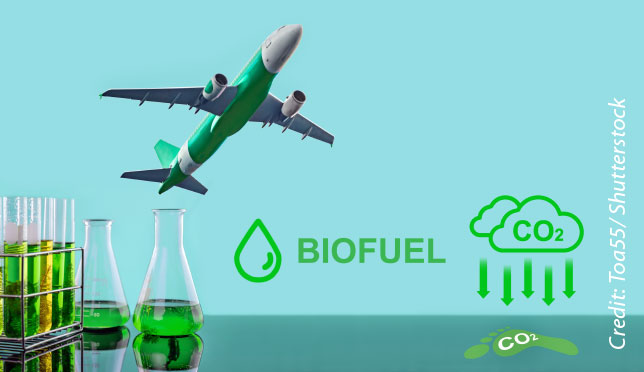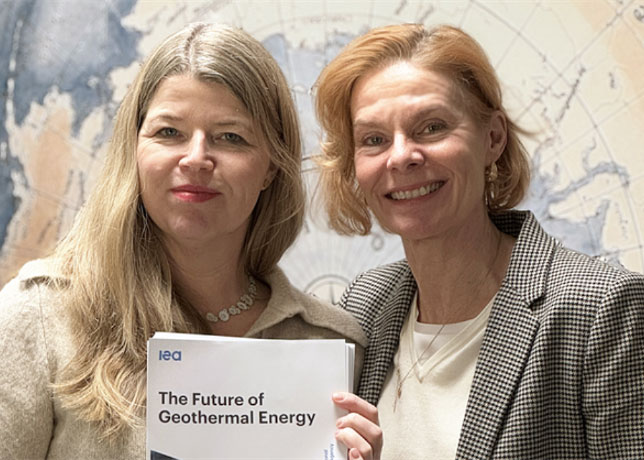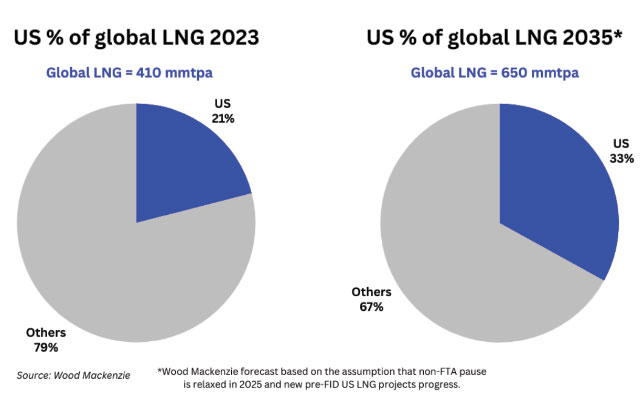
 By 2025, SAF production is expected to reach 2.1 million tonnes, 0.7 per cent of global jet fuel
By 2025, SAF production is expected to reach 2.1 million tonnes, 0.7 per cent of global jet fuel
The International Air Transport Association (IATA) has released updated estimates for Sustainable Aviation Fuel (SAF) production, showing modest growth but falling short of previous projections.
In 2024, SAF production is expected to reach 1 million tonnes (1.3 billion liters), double 2023’s output of 0.5 million tonnes (600 million liters). This represents 0.3 per cent of global jet fuel and 11 per cent of renewable fuel production. However, these figures are below earlier predictions of 1.5 million tonnes for 2024 due to delayed production facility ramp-ups in the US, now expected in early 2025.
By 2025, SAF production is projected to rise to 2.1 million tonnes (2.7 billion liters), equivalent to 0.7 per cent of global jet fuel and 13 per cent of renewable fuel capacity. IATA Director General Willie Walsh criticised the slow progress, citing inconsistent government signals and subsidies favoring fossil fuels, which deter investment in renewable energy.
Airlines, earning a modest 3.6 per cent net margin, are eager to purchase SAF, but Walsh emphasised the need for long-term, stable profitability expectations for investors. He urged governments to replace fossil fuel subsidies with strategic incentives to accelerate SAF production.
Marie Owens Thomsen, IATA’s Senior VP for Sustainability, stressed that aviation’s decarbonisation is integral to the global energy transition. Renewable refineries will produce a variety of fuels, benefiting multiple industries, with SAF accounting for a small portion. To achieve net-zero CO2 emissions by 2050, IATA estimates 3,000–6,500 new renewable fuel plants are needed, requiring $128 billion in annual capital expenditures over 30 years significantly less than investments in solar and wind energy. Redirecting fossil fuel subsidies could fund much of this transition.
Short-term measures to boost SAF production include increasing co-processing at existing refineries, which could save $347 billion in capital costs by 2050.
Diversifying production pathways beyond the dominant HEFA method to include alternatives like Alcohol-to-Jet and Fischer-Tropsch technologies could also expand supply.
Establishing a global SAF accounting framework would ensure transparent transactions and prevent double counting, fostering a robust global SAF market.
Public support for SAF is strong. An IATA survey revealed that 86 per cent of travellers back government incentives for SAF production and believe oil companies should prioritise supplying SAF to airlines.
The report underscores the need for urgent action from governments and industry stakeholders to scale SAF production and align aviation with broader renewable energy goals.












































































